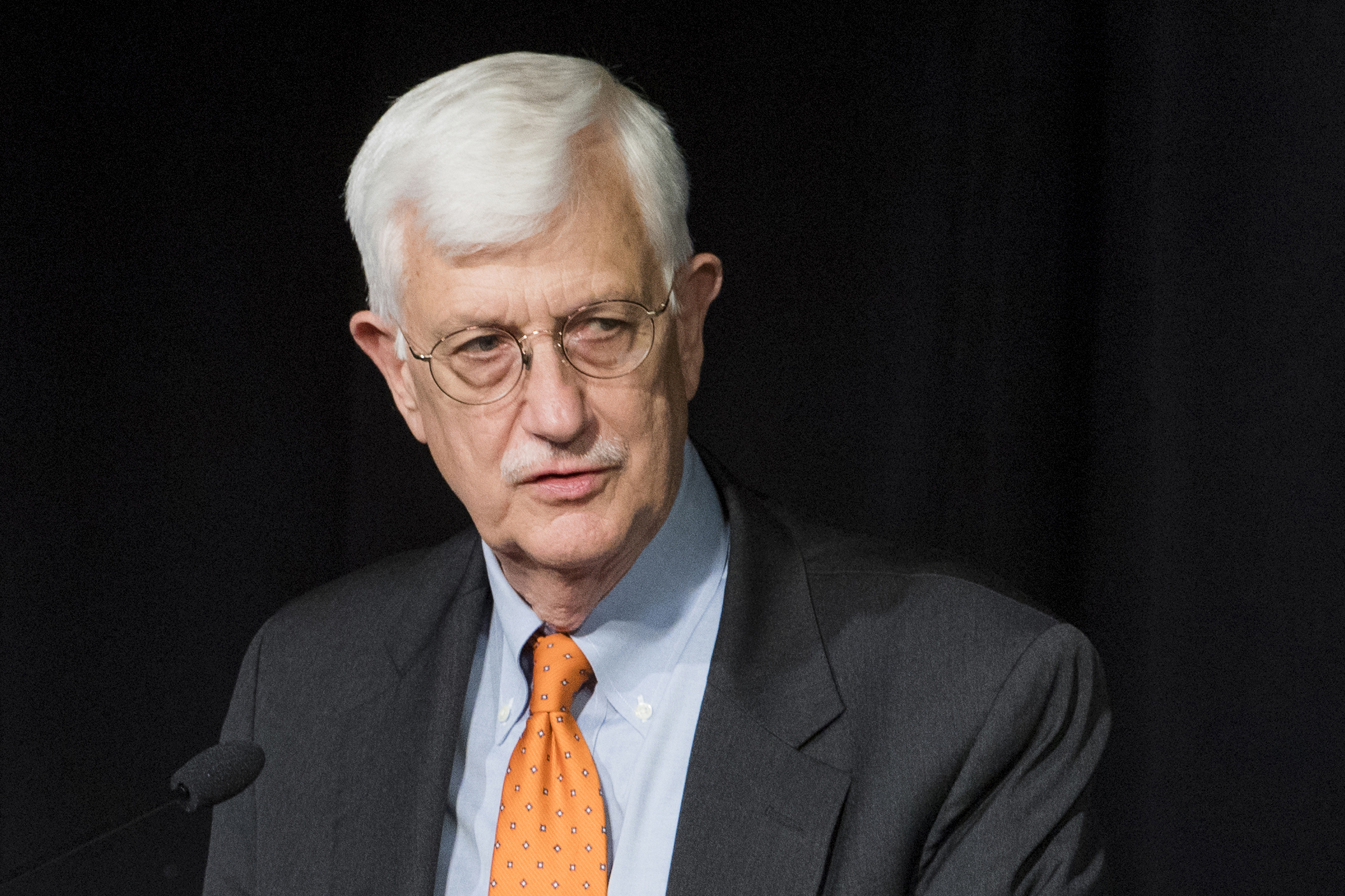I spoke recently at an Army Chaplains’ Religious Leaders Symposium on our nation’s revolutionary understanding of religion and of religious freedom. I contended that this understanding, which has served our nation so well since the founding, is under threat, and that all Americans—of whatever religion or none—should defend it.
Thomas Farr, President, Religious Freedom Institute
My argument centered around the meaning and reach of the religious liberty protections in the First Amendment to the U.S. Constitution.
There has historically been a uniquely American understanding of the meaning and value of religion, and therefore of religious freedom. Of course, the founding generation did not agree on what was the “right” religion. For example, many who were Christian had grave doubts as to whether other believers really deserved the name “Christian.” Thomas Jefferson dismissed as ludicrous many of the core tenets of the Bible. Most of Protestant founders were deeply skeptical of Catholicism and of Catholics.
And yet, by the time the Bill of Rights was ratified in 1791, the founders had converged on an understanding of religious freedom that protects the rights of all believers and all religious communities, Protestant or Catholic, Christian or not. Drawing on certain strains of the Enlightenment, but—more importantly—on their understanding of the requirements of their own (mainly Protestant) religious convictions, they concluded that the religious claims of all citizens were entitled to equal protection as they contended for laws and public policies that defined and advanced the common good.
They achieved this remarkable feat—unprecedented in the history of mankind—by guaranteeing for every citizen, and every religious community, the right of free exercise of religion. And they protected that right from the power of the state by forbidding a state-established religion and any state-imposed religious test for public office. In short, despite deep disagreements among them about the validity of certain religious traditions, they had come to believe that the new experiment in democracy would fail unless all religious views had equal access to our public life.
Underlying this approach to religious freedom was the conviction that religion itself is an identifiable element of human nature, distinct from other motives for action, and deserving of special protection. In other words, our nation’s founders believed that religion has clearly defined and universal value for free individuals, for their communities of faith, and for society as a whole.
As they saw it, our twin First Amendment protections—the guarantee of free exercise and the ban on religious establishment—help us accomplish multiples democratic goals. They limit the power of government, encourage a virtuous citizenry, and protect the equality of all Americans, including non-believers. In the American system, no one can be coerced to believe.
Unfortunately, the historic American understanding of religion as something uniquely valuable and deserving of special protection is under serious pressure today. Not only does this place at risk a fundamental right that is of prime importance, but it also risks the well-being of our democratic republic itself.
Evidence of this serious pressure includes great increases in discrimination and violence against Muslims because of their religious beliefs and practices and a troubling rise in anti-Semitism, including on our nation’s campuses. The evidence also includes subtle and, increasingly, not-so-subtle attempts in law and culture to silence Americans who hold traditional religious beliefs and to exclude or remove their ideas from our public life. The latter represents an undermining of the core meaning of the First Amendment—that religious ideas and actors in public life are necessary for the health of American democracy.
The American creed includes the Declaration of Independence’s radical religious truth claim that every person possesses freedom and equality granted by God. Nothing protects freedom and equality more than the commitment of each of us to the religious freedom of all our fellow citizens and all our religious communities. Religious freedom has long been known as America’s “first freedom” because it grounds the dignity of the human person and human equality deeply in our constitutional system and is a cornerstone of all our rights.
Just as our military chaplains provide spiritual support for those of all religions who defend our nation, let us reaffirm our commitment to defend the American creed by supporting religious freedom for all.
THE RFI BLOG

Is Egypt’s Government Trying To Take Over Christianity’s Most Important Monastery?

Does Southeast Asia Lead the World in Human Flourishing?

RFI Leads Training Session on Religious Freedom Law and Policy for U.S. Army War College

Oral Argument in Charter School Case Highlights Unconstitutional Motives Behind OK Attorney General’s Establishment Clause Claim

Largest Longitudinal Study of Human Flourishing Ever Shows Religion’s Importance
CORNERSTONE FORUM

Reaffirming Religious Freedom: Bridging U.S. Advocacy and Iraq’s Constitutional Framework

Political Polarization, Same-Sex Marriage and Religious Liberty

Bridging the Gap Between International Efforts and Local Realities: Advancing Religious Freedom in the MENA Region

Challenges to Religious Freedom in Iraq and the Critical Need for Action


